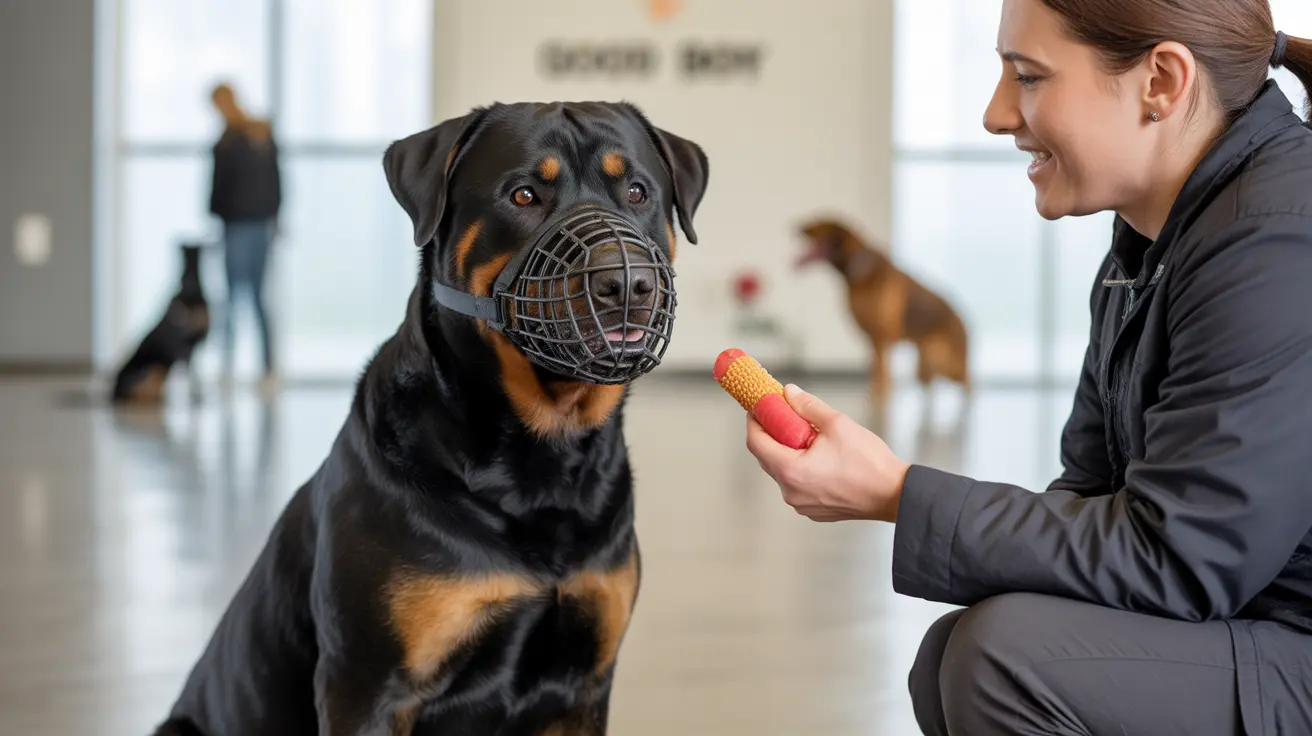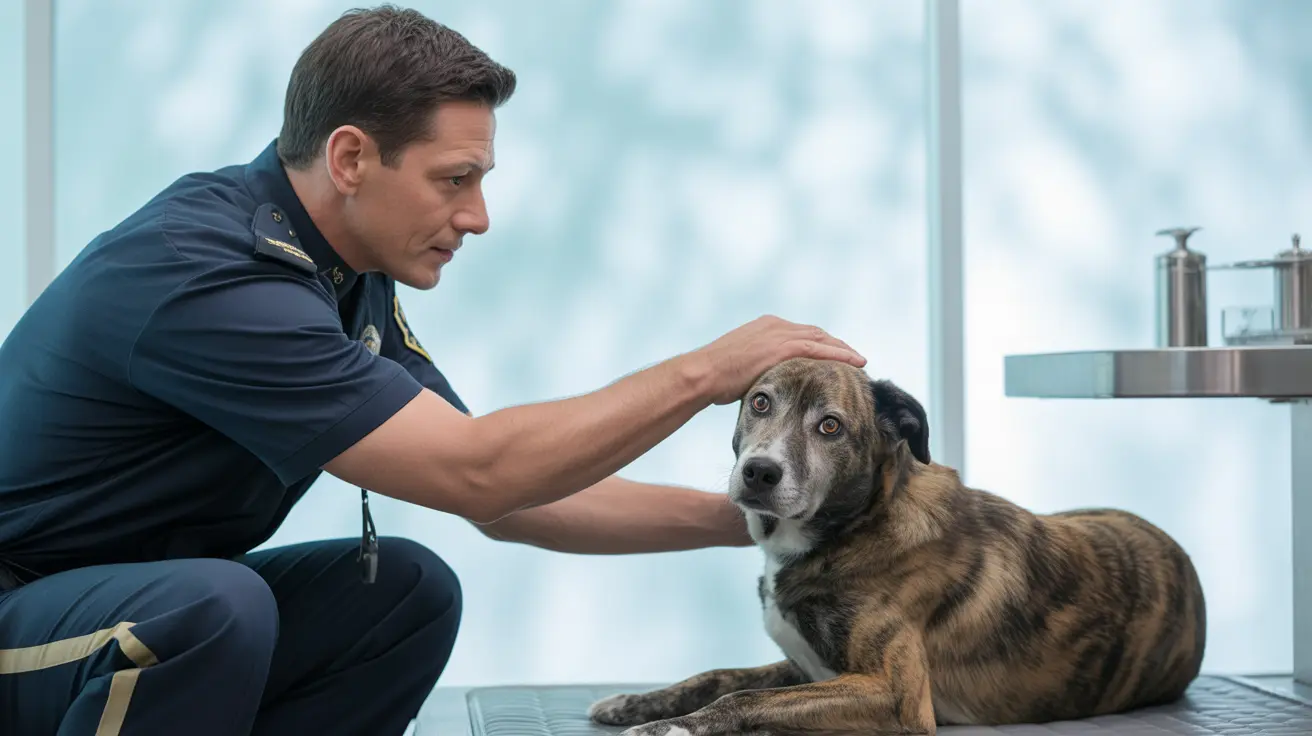Dealing with a dog that bites presents one of the most challenging situations pet owners can face. Whether triggered by fear, anxiety, or past trauma, a biting dog requires immediate attention and careful management to ensure everyone's safety. This comprehensive guide will walk you through the responsible steps to address and potentially rehome a dog with biting issues.
Before considering rehoming, it's crucial to understand that many biting behaviors can be modified with proper intervention. However, when rehoming becomes necessary, the process must be handled ethically and safely for both the dog and potential new owners.
Understanding Why Dogs Bite: The First Step to Resolution
Dogs bite for various reasons, including fear, pain, resource guarding, or lack of proper socialization. Understanding the root cause is essential for determining the best course of action:
- Medical issues (pain, thyroid problems, neurological conditions)
- Fear or anxiety-based aggression
- Territorial or protective behavior
- Resource guarding
- Past trauma or lack of socialization
Assessing the Severity of Biting Behavior
Not all biting incidents are equal. Professional evaluation can help categorize the severity and determine appropriate solutions:
- Level 1: Snapping without contact
- Level 2: Minor nips leaving no marks
- Level 3: Single bite with puncture marks
- Level 4-6: Multiple bites or severe attacks
Professional Evaluation and Medical Assessment
Before making any decisions about rehoming, consult with professionals to rule out medical causes and assess behavior:
- Schedule a thorough veterinary examination
- Consult a certified animal behaviorist
- Work with a professional dog trainer experienced in aggression
Creating a Management Plan
Implement immediate safety measures while working on long-term solutions:
- Use appropriate muzzles when necessary
- Install baby gates or exercise pens
- Maintain strict supervision
- Identify and avoid trigger situations
Options for Rehoming a Biting Dog
When rehoming becomes necessary, several options exist:
- Contact specialized rescue organizations
- Work with no-kill shelters experienced in behavioral cases
- Seek placement with experienced dog handlers
- Consider sanctuary placement for severe cases
Legal and Ethical Considerations
Responsible rehoming requires full transparency and documentation:
- Disclose all bite history
- Document behavioral assessments
- Obtain liability releases
- Follow local laws regarding dangerous dogs
When Rehoming Isn't Possible
In some cases, especially with severe aggression, other options must be considered:
- Long-term management in current home with strict protocols
- Placement in a specialized sanctuary
- Humane euthanasia as a last resort
Frequently Asked Questions
How can I safely manage a dog that bites without using punishment?
Focus on positive reinforcement training, proper management tools like muzzles and gates, and work with a professional behaviorist to develop a safe training plan. Never use physical punishment, as it typically increases aggression.
What are the common reasons dogs bite and how can I identify the triggers?
Dogs typically bite due to fear, pain, resource guarding, or territorial behavior. Keep a detailed log of circumstances surrounding aggressive incidents to identify patterns and triggers. Professional evaluation can help pinpoint specific causes.
When should I consider rehoming a dog that bites and how do I do it responsibly?
Consider rehoming if the bite risk cannot be safely managed in your current situation, or if professional intervention hasn't improved the behavior. Always disclose bite history, work with qualified organizations, and ensure the new environment is suitable for the dog's needs.
What behavior modification techniques are most effective for reducing biting?
Positive reinforcement, desensitization, and counterconditioning are most effective when implemented by professional trainers. These techniques help dogs learn alternative behaviors and reduce fear-based responses.
How do I know if my biting dog needs medical evaluation or professional help?
Any sudden change in behavior warrants immediate medical evaluation. Additionally, if your dog has bitten someone or shows recurring aggressive behavior, professional behavioral assessment is essential for developing an appropriate management plan.
Remember, addressing a dog's biting behavior requires patience, commitment, and often professional help. While rehoming may sometimes be necessary, ensuring the safety of all involved parties should always be the primary concern.






